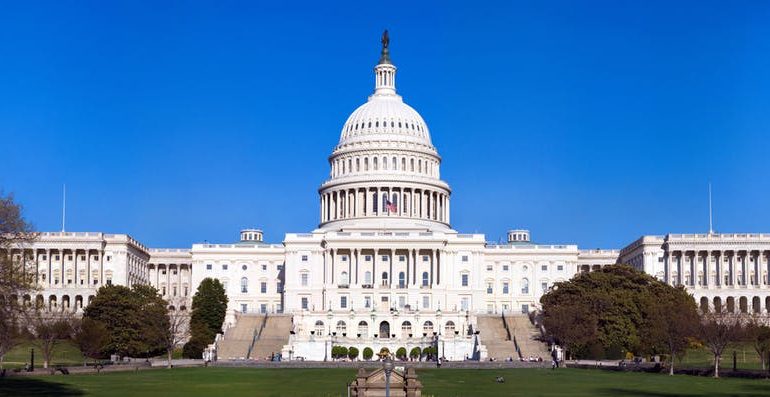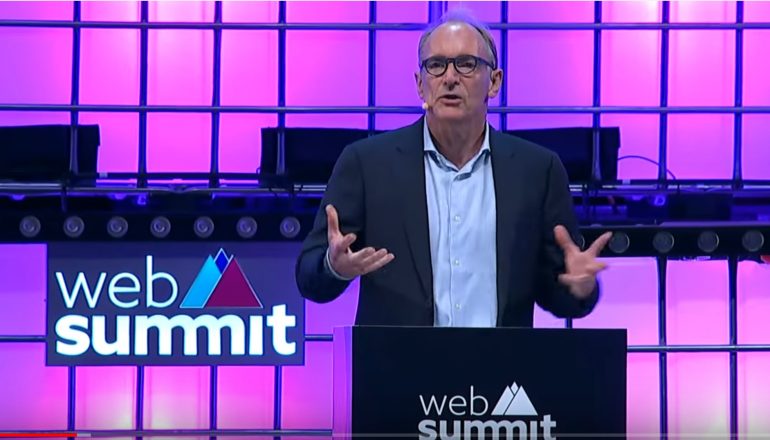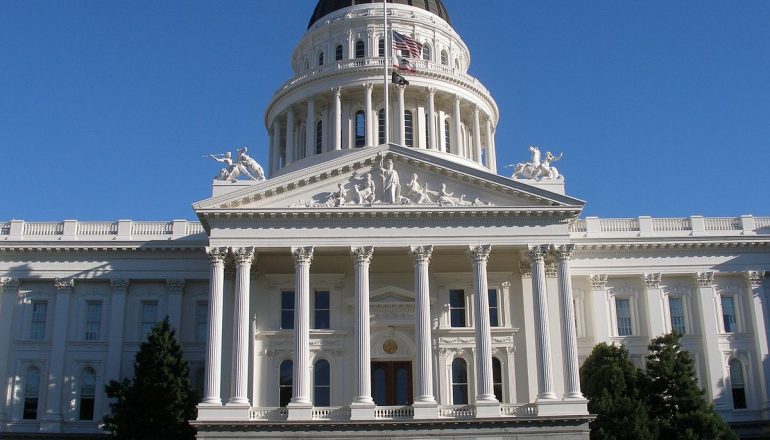House Set to Aggravate Internet Problems
The only reason for Congress to turn the clock back to 2015 is to enjoy the comfort of a well-worn path. This is cowardly and counter-productive; the rank and file should say “no” and demand a more serious approach to Internet regulation from their party leadership.
You Don’t Need a Weatherman to Know Which Way the Wind Blows: Delaying Spectrum Auctions
Satellite-based systems are also vertical on nature, while 5G is a horizontal, land-based system. So it appears that a political constituency has asked for an unnecessary delay in order to protect itself from the consequences of 5G.
To Nationalize or Not; and What About the Trade Commission?
The 5G buildout is hampered on some areas by extortionate rents on small cell sites. These fees are driven the need of some municipalities – such as San Jose, California – to raise money for pension costs. While we’re sympathetic to retirees, there are ways to meet these needs without wrecking the technology sector.
Questions for Witnesses in Tomorrow’s Net Neutrality Hearing
Net neutrality was created at a time when the only large firms conducting Internet business were ISPs. It was sensible for lawmakers to focus on ISPs in 2003. But today’s Internet is dominated by non-ISP edge services that routinely abuse personal information. Internet law need to leap forward to the present day.
Confusion Reigns in DC Circuit Oral Arguments on Net Neutrality Regulations
Net neutrality was promoted by Silicon Valley to take policy makers’ eyes off the massive dossiers of personal data its major players assembled from their platforms. Now that the public is aware of this (very real) behavior, the claims of possible harms to consumers from the lack of net neutrality regulations are much less compelling.
Enough Raw Meat Internet Policy, Congress!
The task for Congress is simple and straightforward: it needs to prioritize the issues that plague the Internet today in order to prevent them from getting worse.
Books, Books, and more Books!
If you’re a fan of books on tech and tech policy this is a particularly good time for you because so much new stuff is hot off the presses. Here’s a short list of the books in my reading queue at the moment, along with a couple of longish journal articles.
Larry Roberts was a Networking Legend
Creating a network that can be all things to all people was a monumental undertaking. Making it work for every user in the most reliable, safe, and economical way is even harder. I happily shared the Amicus Brief with Larry last October that was influenced so heavily by his work on Telenet; and I was glad that it pleased him.
Thanks for the Sideshow, Let’s Get Back to Work
We need clarity about our antitrust standards as they apply to the Internet, safeguards for personal data, and reverse auctions to bring better broadband to rural America. None of that is terribly sexy, but it’s all important.
California’s Unlawful Net Neutrality Law
The Justice Department has already filed suit to block the California law, so this is the time for supporters to bring forward the case law they claim supports their position. Don’t hold your breath.











